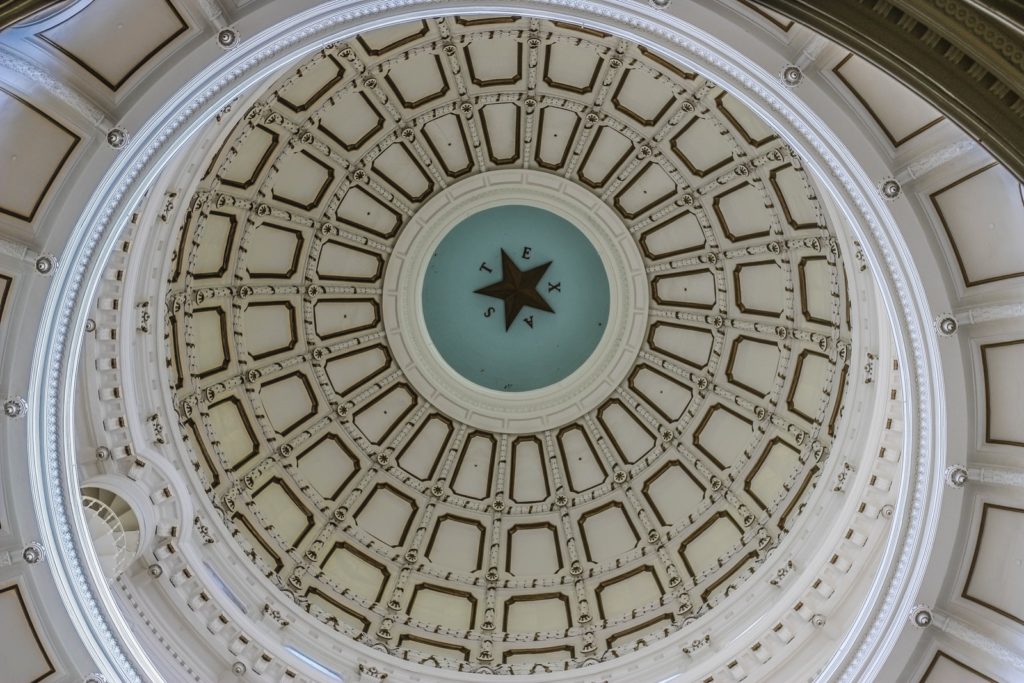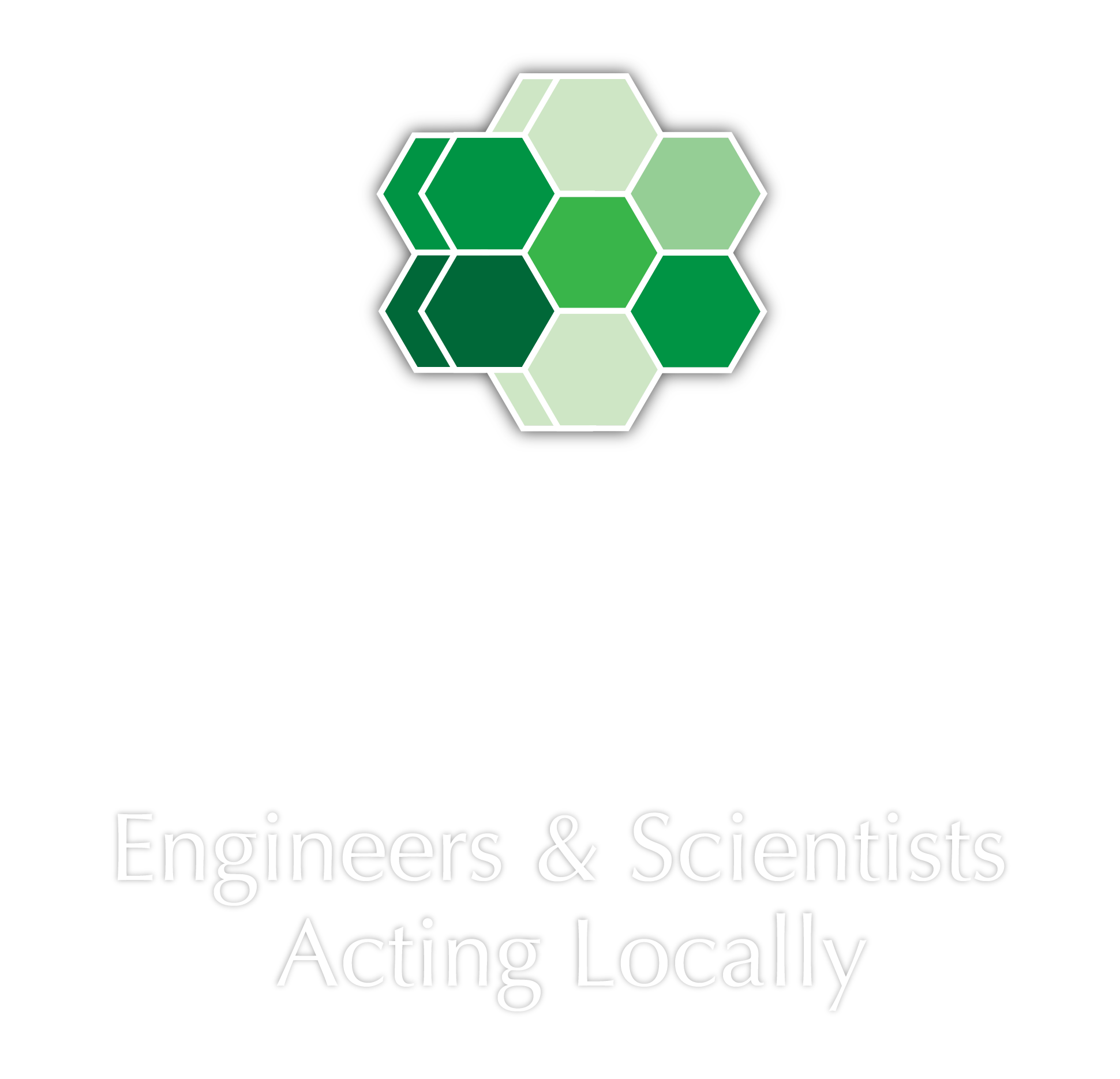The SciTech Institute is using its powers to enable students astute in STEM to take up leadership roles and impact communities within the state of Arizona. Since its launch, the institute's Chief Science Officer program has extended its reach to ten states and four countries outside the U.S. Learn more about the inspiration for creating SciTech and what is in store for the future.



